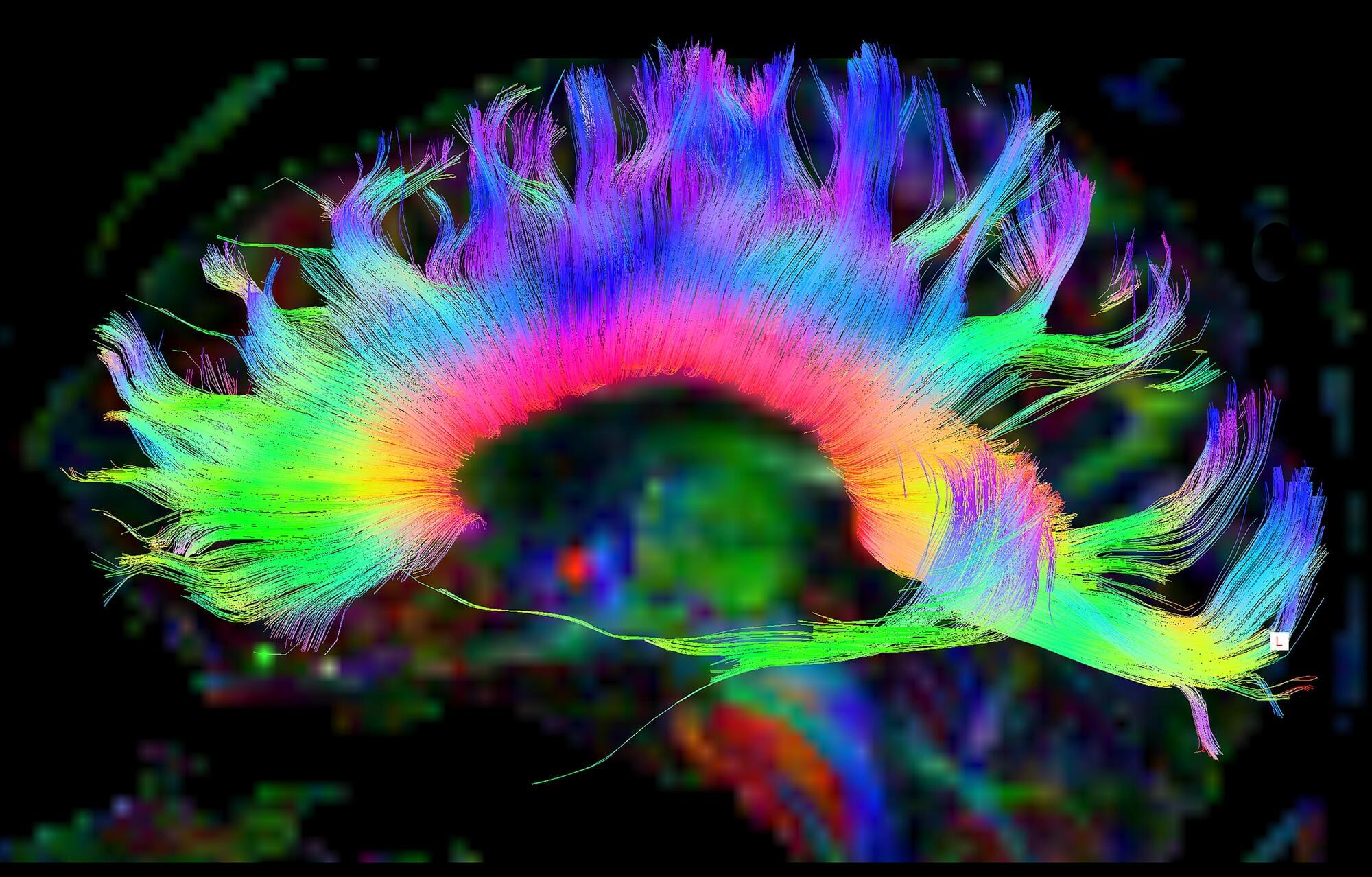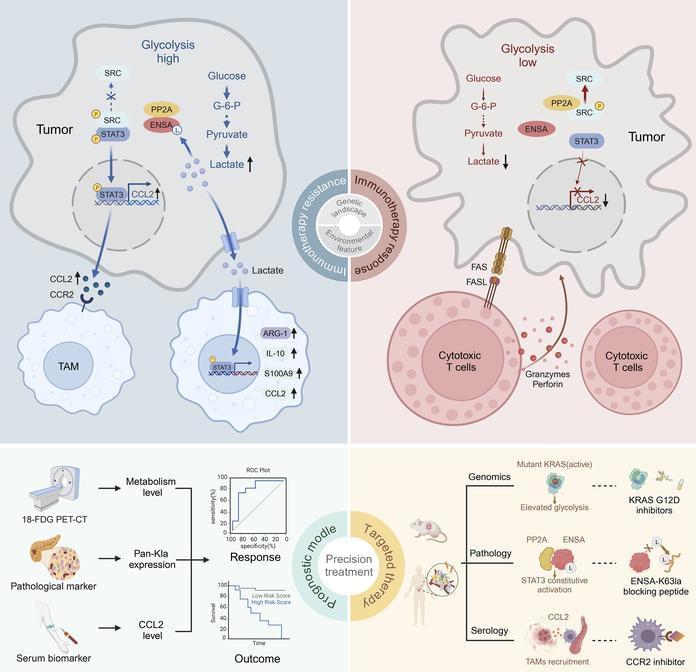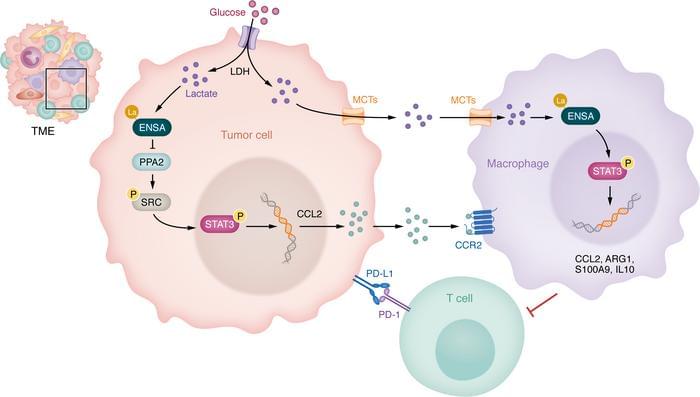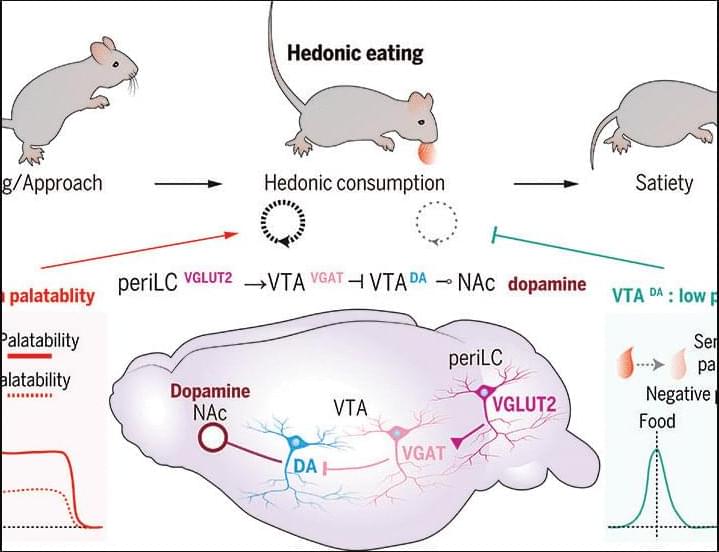Training the brain’s immune system to recognize and clear toxic material is rapidly emerging as an promising way to put the brakes on Alzheimer’s disease. Unfortunately researchers haven’t been clear on how this method of protection operates on a cellular level.
An international team of researchers analyzed brain samples taken from people who had died with Alzheimer’s, some of whom had also received approved Alzheimer’s immunotherapy treatments. The therapies encourage cleaning cells called microglia to attack the clumps of amyloid-beta proteins that are thought to be involved in neurodegeneration.
Microglia responses to amyloid beta can lead to inflammation, which in turn risks damage to brain tissues. The researchers wanted to know why immunotherapy turned microglia into ruthless cleaning machines in some cases but not others.




